IT/OT convergence enables digital manufacturing transformation
April 13, 2019 12:38 pm
Although there is lot to be done in terms of manufacturing facility upgradation in India, industry experts tell OEM Update that ‘we will get there soon’
As far as Indian manufacturing SMEs are concerned there is still a huge gap to be filled in terms of manufacturing facility upgradation as per global norms and quantum of orders. However, they are catching up fast with government coming in their support by undertaking various schemes, which are helping manufacturing SMEs to adopt new technologies.
Amitoj Singh, Managing Director, Originative Solutions Network Pvt Ltd, says that such examples include Credit Linked Capital Subsidy for Technology Upgradation (CLCSS), Zero Defect-Zero Effect (ZED for MSMEs), technology and quality upgradation support to MSMEs, recent industrial policy by Punjab government, which gives exemption in change of land use (CLU) charges and stamp duty for Industry 4.0 based manufacturing enterprises.”
However, there is still a lack of awareness in process of availing incentives in these schemes and there is a need of consultants or government appointed officers to streamline the process for MSMEs.
Another factor is development of local system integrators (majorly start-ups, which provide cost effective solutions in comparison to big established players) and knowledge upgradation of MSMEs via different platforms and of course trade shows and mailers via Internet are playing a big role.
“These initiatives are helping a lot, but it will take time for most of the manufacturing SMEs to compete with the likes of China and other established players, in my opinion,” says Singh.
Scalability to a certain extent of about 1:2 or 1:3 for SMEs in manufacturing is possible, provided an efficient plan is put in place and executed. However, for larger deals there still exists a challenge of place, people, process and price.
Vineet Seth, Managing Director – South Asia & Middle East, Mastercam APAC says, “Scalability is a relative term and if we are to compare our scalability of manufacturing SMEs, say with counterparts in China, then perhaps we have a long way to go. A ‘Plug-and-Play’ industrial zone, common digital platform and infrastructure are much needed to bridge this gap.”
He adds, “The good news is that we will get there soon. Numerous favourable policies to develop Infrastructure and Information network (including Industry 4.0 initiatives) are being put into action.”
Meenu Singhal, Vice President, Industry Business, Schneider Electric, says, “We are having the best of the technologies being utilised. We have started incorporating efficiency, reliability, sustainability and customisation of the machines as a part of the manufacturing process in the industry. India is getting ready for the global manufacturing market. Our solutions, when connected with the machines, give the possibility to the end manufacturer to take care of the regulatory compliances to ensure that the product made in India are utilised outside India.”
Tarun Misra, Founder & CEO, Covacsis Technologies states, “It is a pervasive technology, which does not give manufacturing company an option. Such technology increases machines capability to produce more at lesser conversion cost and higher quality. How can a manufacturer escape this. Therefore, pertinent question is not that whether Indian companies will be able to scale up for large deals. The relevant question is how much can an Indian company delay in adopting such technology?”
IT/OT convergence enables digital manufacturing transformation
Misra says, “Mainstream IT is diffusing well in OT to redefine the new paradigm. Decision science in the realm of OT will change forever. Machines will have built in artificial intelligence to help management take faster, more accurate and preventive decisions.”
Manufacturing processes have largely been independent and offline from the planning and design phases in the past. Seth says, “With the advent of IIoT, data (and plenty of it!) can be generated at each stage, stored, analysed and interpreted with technologies such as Machine Learning (ML) and Artificial Intelligence (AI). Not only are we able to get better utilisation per equipment, but we are also increasing predictability in manufacturing – with authoritative data. All of this will help in transforming ‘speculative’ processes of yesterday to ‘validated’ processes of tomorrow.”
Since machines can transmit data in real time to MES systems and in advanced cases this data can be compared to ideal conditions, hence if any deviation occurs it can be traced then and there only which saves a lot of time and wastage of products. With the integration of IT in mechanical design softwares, it is much easier to have a look and feel of final product before even it is not physically manufactured. Singh confirms, “This saves a lot of time and expenditure towards physically manufacturing of a product and one can have as many designs and variations in final product. Manufacturing facility can be setup according to the final approved design, which was earlier setup before the product was manufactured, so it is a reversal of the process. Moreover, when machines talk to each other through IT systems, manufacturing process becomes much smoother and convenient.”
Trends in factory/process automation
Leading trends such as industrial automation, industry 4.0, digitisation and cyber security are getting on top of everything. According to Singhal, “When we talk about process automation, the important thing is that the information goes back to the cloud, so we need to know how secure we can make it. People are getting concerned about cyber security and how the workforce readiness can be maintained to ensure that whatever is being implemented can be taken care by the next level of features coming in.”
Workforce development is very critical in terms of adaptation of these technologies. People are coming out of conventional ways of production to adopt both efficient and remotely connected ways of production. The level of smartness is moving up. Meenu adds, “We, at Schneider, ensure that every product that we produce now is connected.”
Time to market and rate of production have always been key factors in manufacturing. IIoT is helping optimise these factors, amongst others and making the prototyping phase as well as the production phase more reliable and accurate. Seth explains, “Moving to the future, complete closed loop manufacturing (including for CNC machining), Data driven predictive maintenance, failure prevention, 100 per cent inspection and lifecycle monitoring are a few of the benefits that we could start deriving fairly soon.”
Data and analytics will be crucial in identifying customer satisfaction, product performance, product enhancement and planning end-of-life. Connected devices will also mean possible resource and task sharing opportunities, cohesive working, reliability monitoring and flexible manufacturing.
Robotics, IIoT and machine learning are the trends being witnessed as on date in process automation. Singh says, “Smart sensors are playing a vital role in this development. Data of these sensors in many cases is being monitored independently of the higher order control systems and then transferred to cloud or local servers for preventive maintenance or being integrated as a part of Management Information System (MIS) for planning purposes.”
With the introduction of new age robots, production facilities in the world are able to cope up with the delivery and production issues and profitability has increased manifold. These robots are very easy to adapt new functions with teach functionality (using machine learning) and manufacturing flexibility to adapt rapidly changing demands can be easily achieved.
Seamless integration of processes from raw material to packaging and even loading to dispatch vehicles is the need of the hour and for catering this requirement machines are helped by robots, smart sensors, advanced process control systems (using PLC & DCS) and of course energy efficient operating devices.
Convergences which are really helping the global industries to be more efficient and more productive
Meenu Singhal, Vice President, Industry Business, Schneider Electric
Machines will have built in artificial intelligence to help management take faster, more accurate and preventive decisions
Tarun Misra, Founder & CEO, Covacsis Technologies
A ‘Plug-and-Play’ industrial zone, common digital platform and infrastructure are much needed to bridge this gap
Vineet Seth, Managing Director, South Asia & Middle East, Mastercam APAC
Smart sensors are playing a vital role in this development.
Amitoj Singh, Managing Director, Originative Solutions Network Pvt Ltd
Cookie Consent
We use cookies to personalize your experience. By continuing to visit this website you agree to our Terms & Conditions, Privacy Policy and Cookie Policy.



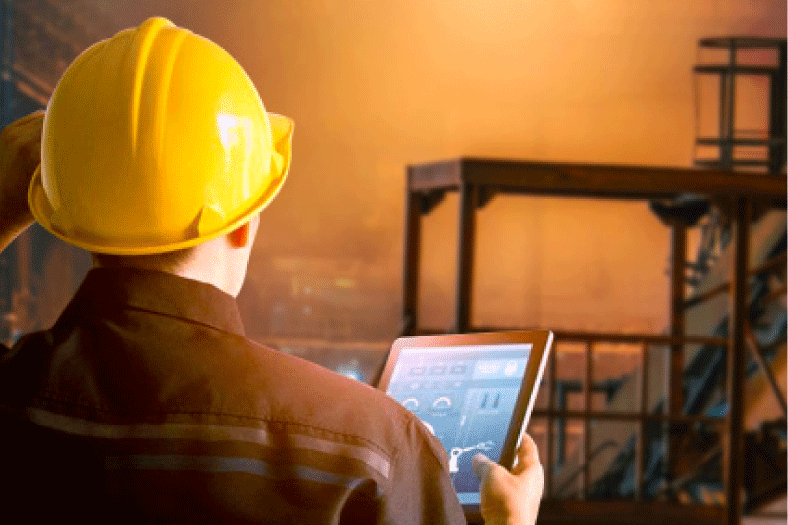
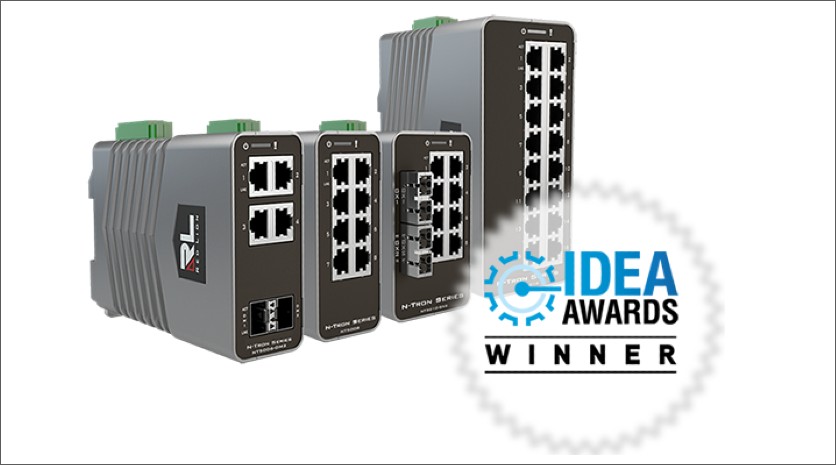
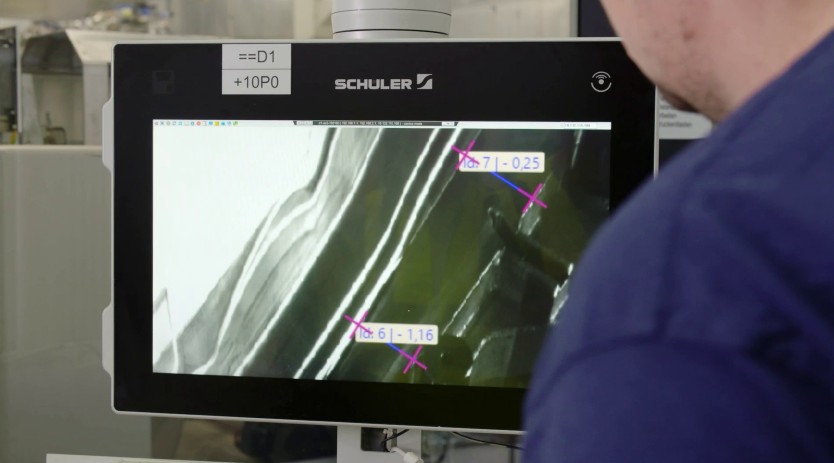
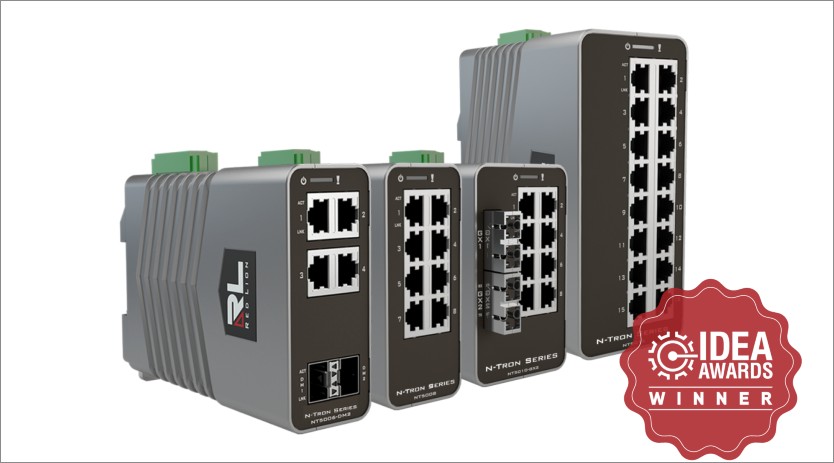

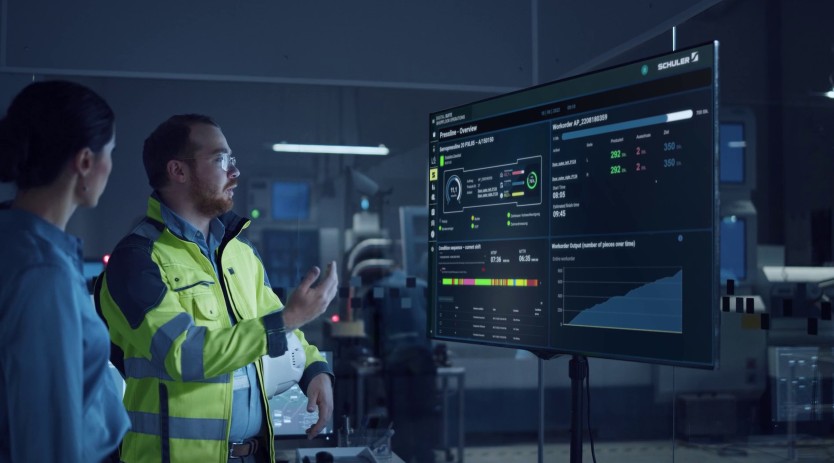
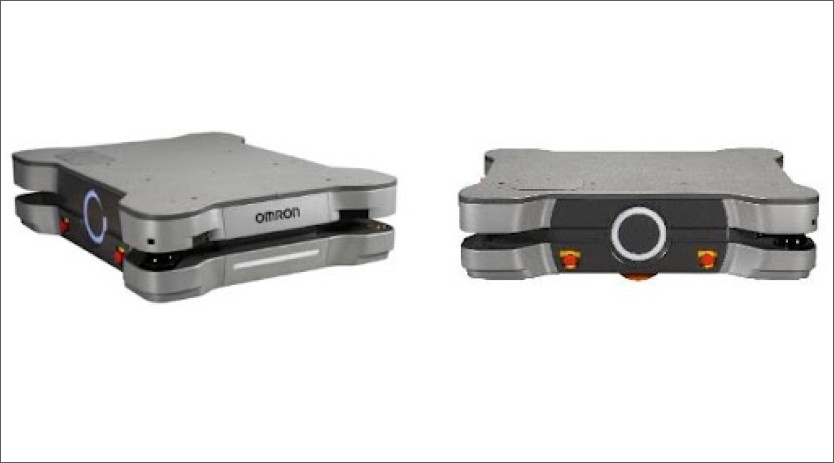
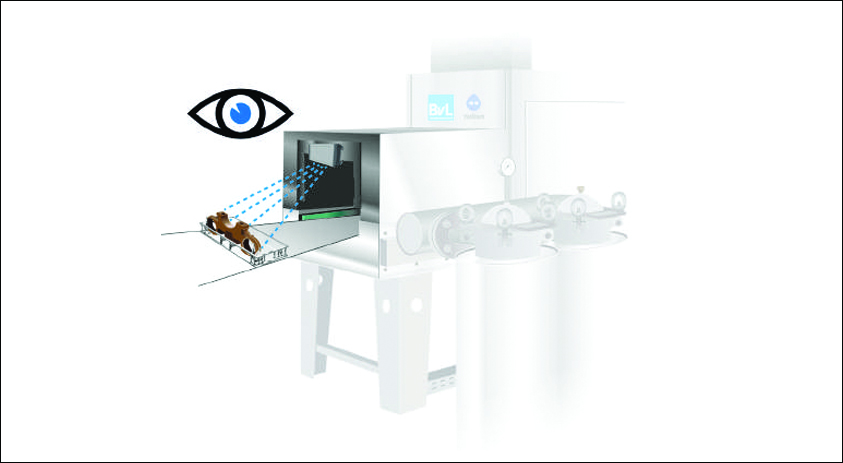





 English
English Hindi
Hindi